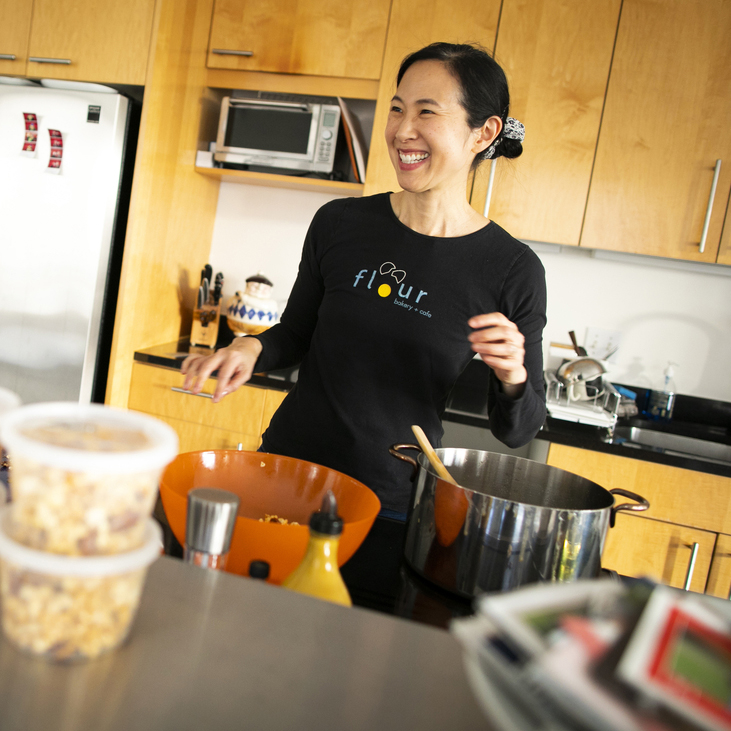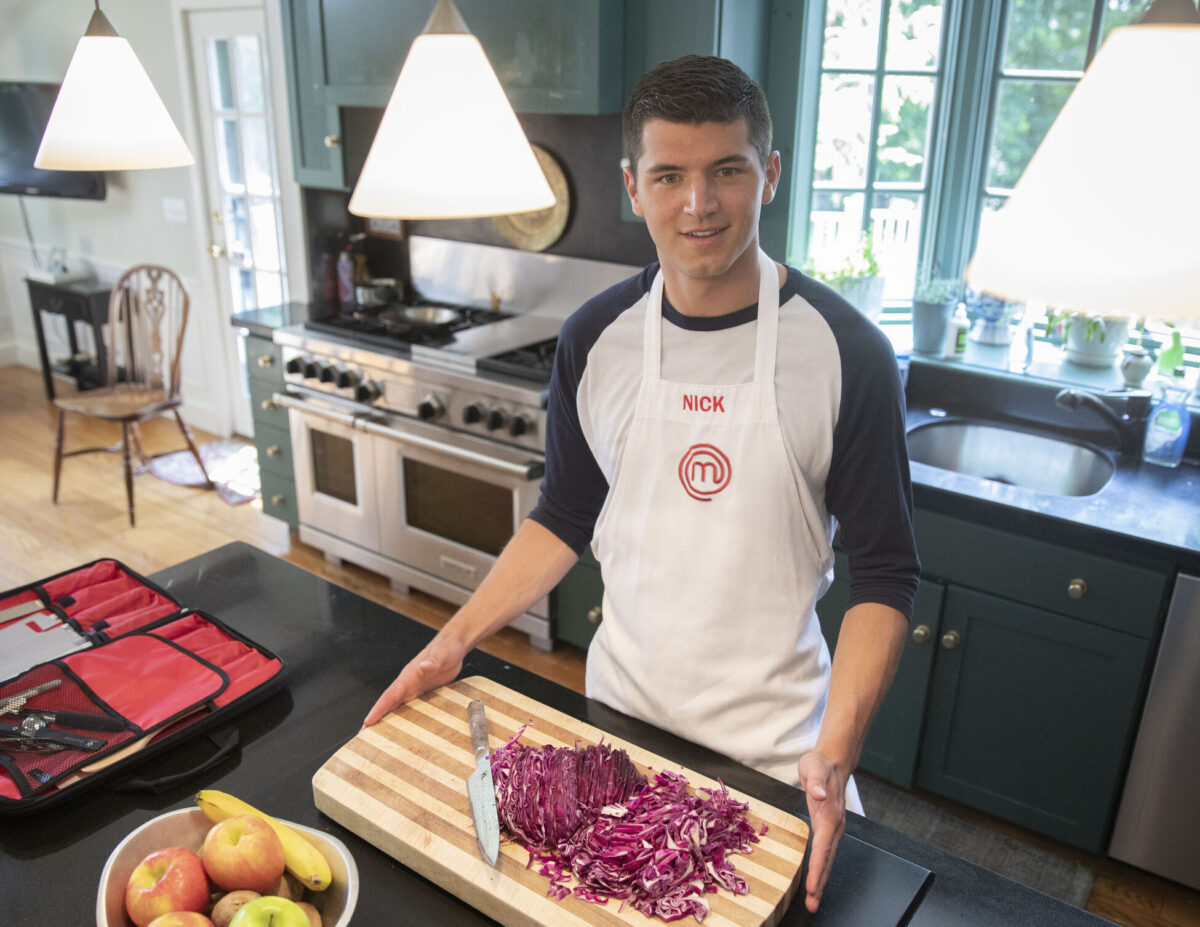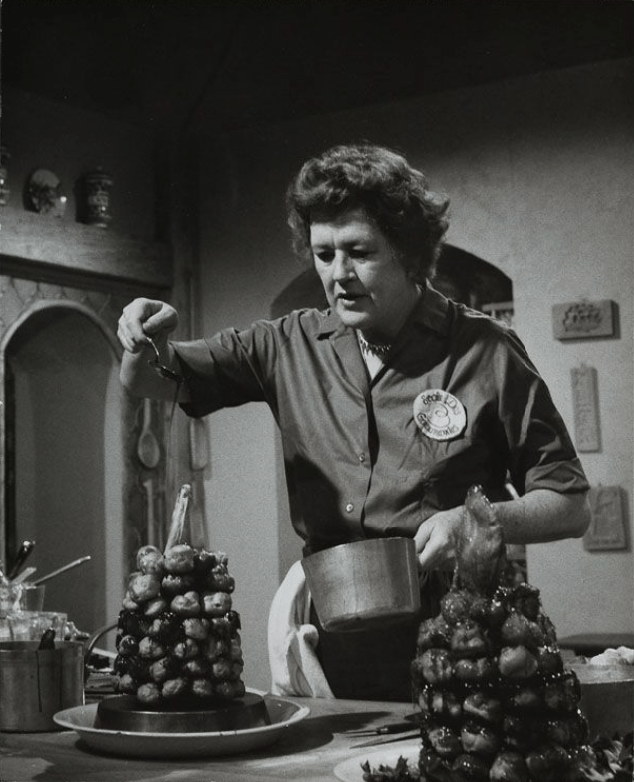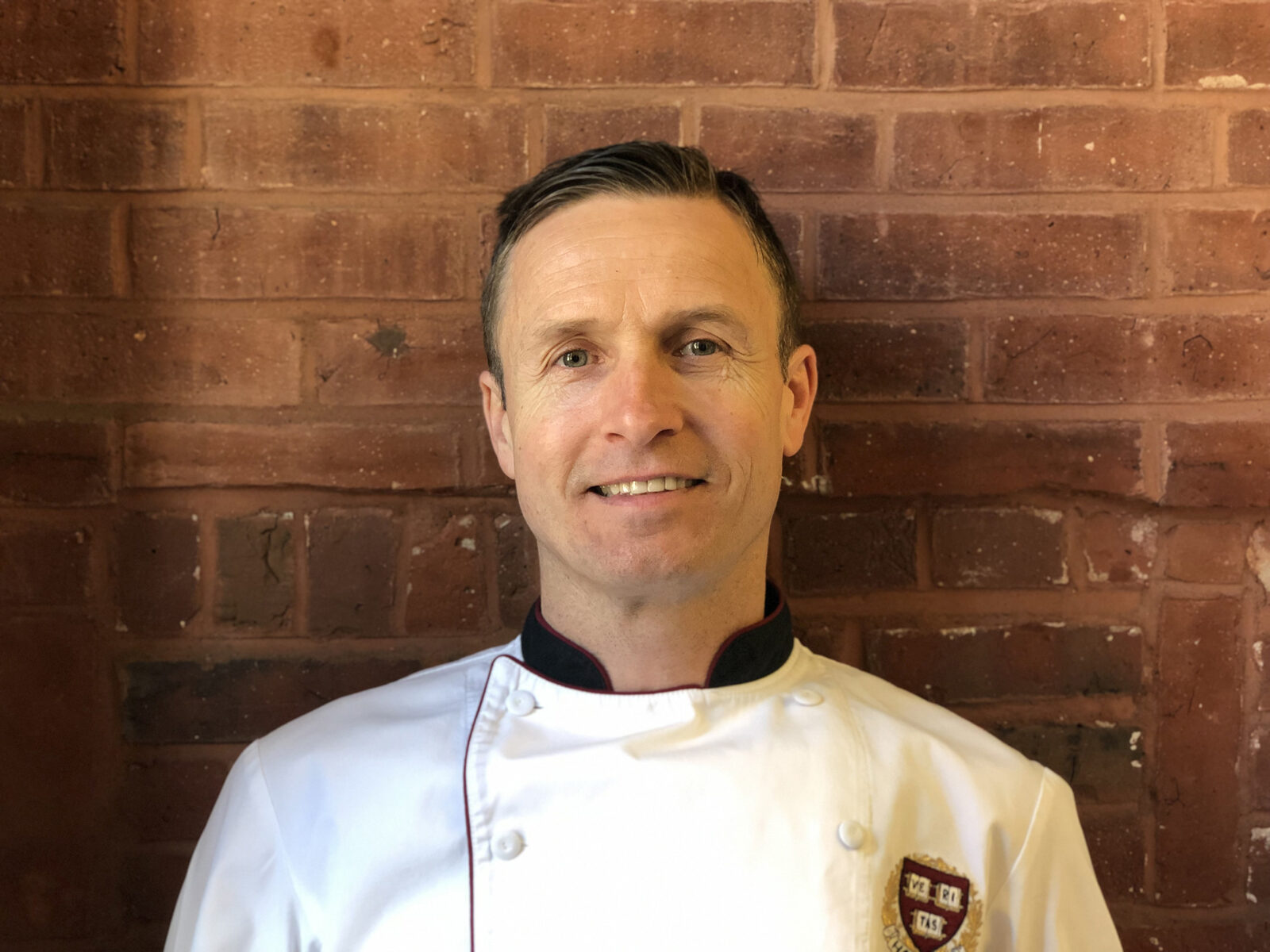Food
Food
Food nourishes us, inspires us, and brings us together. The Harvard community is exploring nutrition, sustainability, and the science behind the things we eat.
The Harvard School of Dental Medicine shares advice for keeping your teeth healthy between holiday meals.
Experts in the edible
Christina Warinner
Christina co-authored a study showing that ancient humans adapted to eating starch-rich foods as far back as 100,000 years ago. These foods likely helped pave the way for the expansion of the human brain.
Ayr Muir
As the founder of the vegetarian restaurant Clover, Ayr is selling meat-free meals and reducing our impact on climate change one sandwich at a time.
Leah Penniman
Leah, a James Beard Leadership Award winner, co-founded Soul Fire Farm to train people in regenerative farming practices that are now the go-to methods of sustainable and organic agriculture.

Kate Strangfeld
The Graduate School of Education alum started Bite Sized Education to engage secondary students in science. Her goal is to empower students to “think like a scientist” through food and cooking.
Ingestible insights
Harvard researchers are exploring the effects that certain foods and types of eating have on our health.
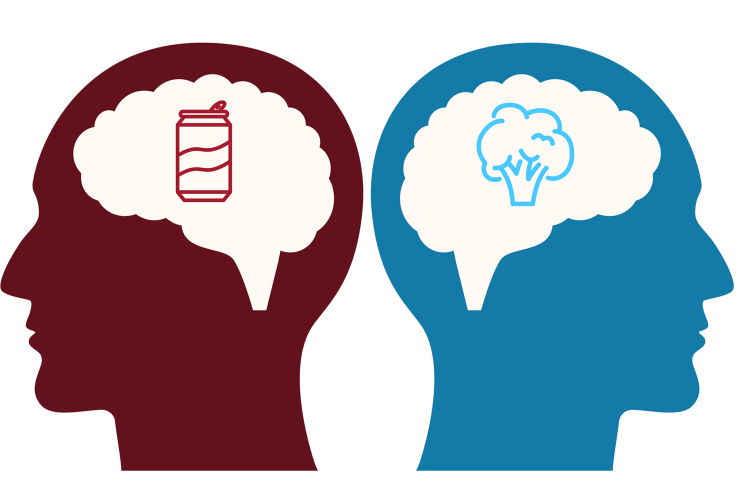
Why we crave junk food
Harvard Medical School’s Uma Naidoo, the author of the books “This Is Your Brain on Food” and “Calm Your Mind with Food,” explains why we crave junk food and how to cultivate healthier eating habits.
Why we crave junk foodHome cooking
Chefs in our community
Further into food
The Nutrition Source
A leading authority providing science-based guidance on food and nutrition. Explore articles, recipes, and tools.
Free cooking courses
Learn about fermentation or explore the chemistry and physics of cooking in these free online courses.
The sacredness of food
The Harvard Divinity School explores the many ways that food overlaps with religions around the world.
Sustenance solutions
The Harvard community is exploring solutions for the biggest problems facing farmers, consumers, and the planet.
The need for food
Reserachers at Harvard Chan School found an increase in food insufficiency following the decrease in SNAP benefits; Graduate School of Design students looked at food insecurity solutions in Mississippi, ranked as America’s hungriest state; Harvard alum Leah Gose worked to improve how communities respond to hunger, starting with her hometown of Atlanta; and Historian Joyce Chaplin explored the long history of who gets to eat.
The risks for food
Research shows that changes to seasonal rainfall patterns are accelerating food shortages across the globe; Harvard alum Marcos Barrozo worked to lower emissions from Brazil’s cattle industry; the Wyss Institute is exploring medical technology to help the peach industry fight brown rot; and the Schools of Engineering and Public Health are teaming up to reduce food waste and foodborne illness in a novel way.
The future of food
Graduate School alum John Ahrens cultivated lab-grown fish fillets to address the global demand for seafood; Wyss Institute’s Luke MacQueen spent years creating an animal-free meat that tastes and feels like the real thing; the founders of Circe created the world’s first gas fermentation-derived chocolate in response to the worldwide shortage of cocoa; and David Weitz’s lab is exploring converting food waste into sugar alternatives.
Food at Harvard
Explore the food and nutrition organizations, exhibits, and collections at Harvard.
YOU MAY ALSO LIKE





